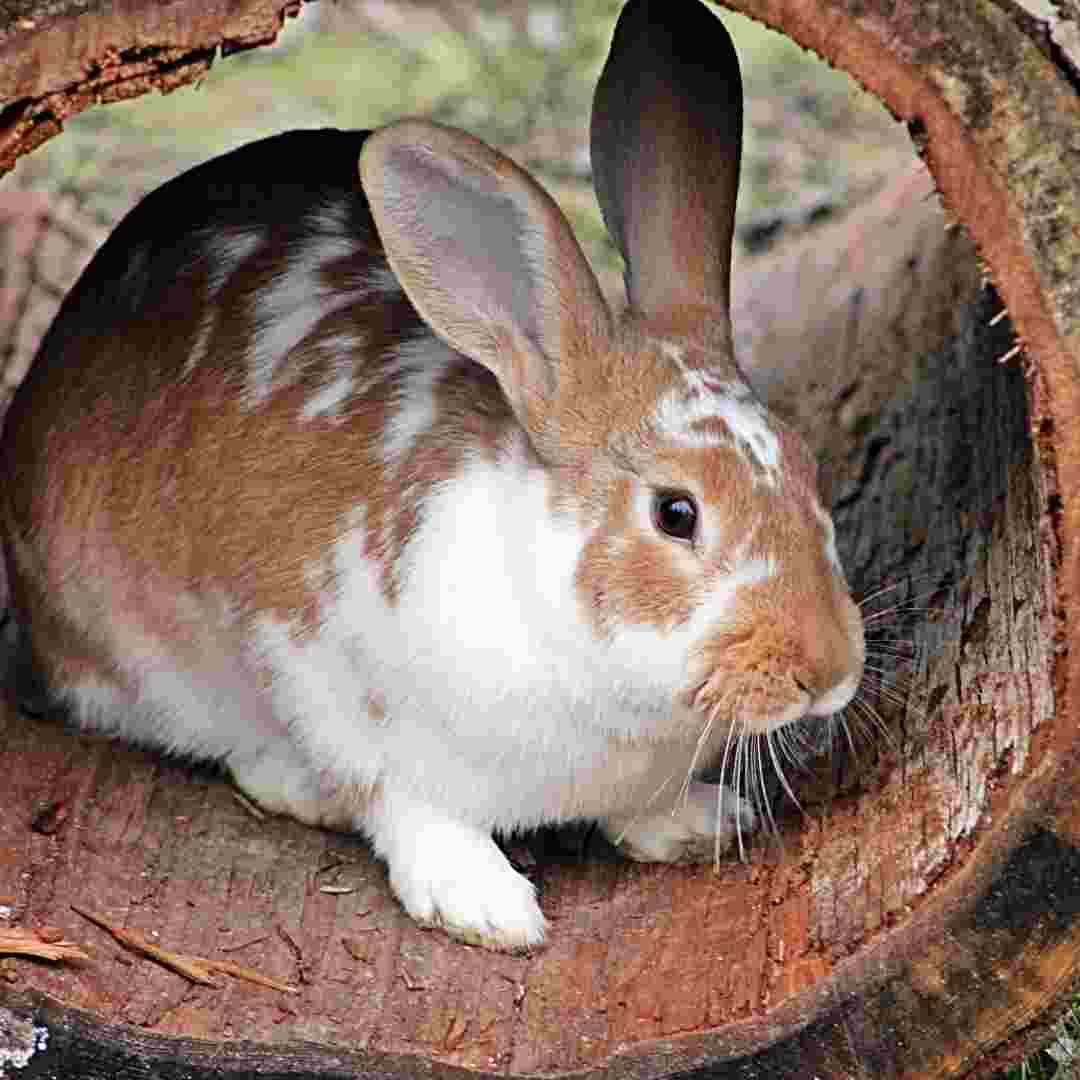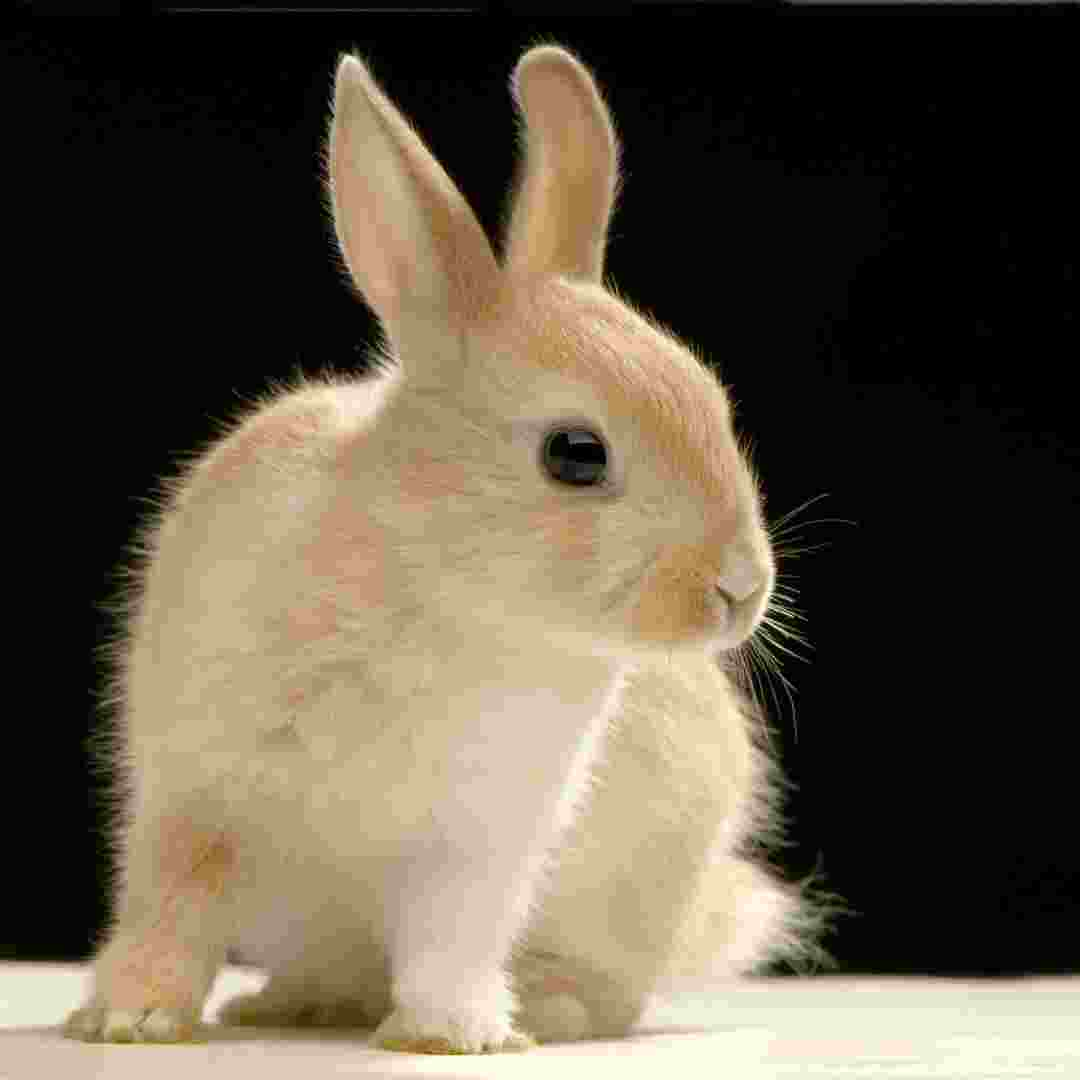Contents Table
Introduction
Learn About Rabbit Sneezing Causes
Sneezing Rabbit Allergies: Identification and Treatment
Stress and Rabbit Sneezing
Diet Related to Rabbit Sneezing
Common Diseases That Cause Rabbit Sneezing
Q&A
Conclusion
Introduction
Although beautiful and cuddly, rabbits can sneeze. Sneezing is natural, but rabbits may have a health condition. Understanding why rabbits sneeze and what to do is crucial. The causes and treatments of rabbit sneezing will be covered in this article.
Learn About Rabbit Sneezing Causes
Pet rabbits often sneeze for several reasons. To keep your rabbit healthy, you must understand rabbit sneezing causes.
Rabbits sneeze most often from respiratory infections. This can be transferred by rabbits or contaminated objects and caused by viruses, bacteria, or fungi. Sneezing, coughing, nasal discharge, and difficulty breathing are respiratory infection symptoms. A vet should diagnose and treat your rabbit if they exhibit any of these symptoms.
Rabbits can sneeze from allergies. Sneezing can result from dust, pollen, and mould allergies. Your rabbit may be sneezing due to allergies. Find the culprit and remove it.
Foreign objects in the nose can cause rabbit sneezing. This can be grass or hay. If you think your rabbit has a foreign object in their nose, take them to the clinic.
Stress might also trigger rabbit sneezing. Stress causes physical and psychological symptoms, including sneeze. If your rabbit is stressed, find out why and decrease it.
Rabbit sneezing can be induced by respiratory diseases, allergies, foreign objects, and stress. Identifying the reason of sneezing is crucial for your pet's health. If your rabbit has any of the aforementioned symptoms, take it to the doctor for diagnosis and treatment.
Sneezing Rabbit Allergies: Identification and Treatment
Rabbits often sneeze due to allergies. Environmental elements like dust, pollen, and other airborne irritants can induce rabbit allergies. Rabbit allergies should be diagnosed and treated immediately to avoid problems.
Sneezing is the first sign of rabbit allergy. Sneezing with watery eyes, nasal discharge, or coughing suggests an allergy in the rabbit. The rabbit should consult a vet if the sneeze persists and doesn't improve.
After determining the reason of sneezing, treat the allergy. Oral or topical antihistamines are the most popular rabbit allergy treatment. Following package directions and monitoring the rabbit for side effects is crucial.
Antihistamines are not the only rabbit allergy therapies. These include utilising air purifiers and dust filters to decrease allergy exposure and feeding the rabbit a low-allergen diet.
Rabbit allergies can be dangerous, therefore they must be diagnosed and treated immediately. You can keep your rabbit healthy and happy by following these instructions.
Stress and Rabbit Sneezing
Stress affects numerous animals, including rabbits. It can affect their physical and mental wellbeing and cause sneeze. Rabbits often sneeze when stressed, therefore understanding the role of stress in this phenomenon is crucial to providing the best care.
Stress can raise rabbits' heart rate, breathing, and blood pressure. It can also reduce appetite, weight, and activity. Additionally, stress might make rabbits more prone to infection and disease.
Stress can also make rabbits sneeze. Stress can constrict the airways, causing nasal mucus buildup. Sneezing expels mucous. Sneezing can also result from stress-induced histamine production.
Sneezing caused by stress is not always a sign of sickness. If a rabbit is sneezing regularly or has other symptoms like nasal discharge or difficulty breathing, it should see a vet.
Provide rabbits with a safe and pleasant environment to decrease stress-induced sneeze. This includes giving them space, a clean, comfy cage, and a fiber-rich feed. To avoid boredom, rabbits need toys and activities.
In conclusion, stress can cause rabbit sneezing. Understanding stress is crucial to providing the best treatment for these animals. Stress-induced sneeze can be reduced by giving rabbits a safe, comfortable, and spacious habitat and mental stimulation.
Diet Related to Rabbit Sneezing
Pet rabbits often sneeze for several reasons. Diet is a key role in rabbit sneezing diagnosis. Poor rabbit diets can cause sneezing and other health issues.
A rabbit should eat hay, fresh veggies, and some pellets. Rabbits should eat mostly hay, which is strong in fibre and assists the digestive system. Fresh veggies can disturb digestion, so feed them in moderation. Pellets are high in calories and can cause obesity, so offer them sparingly.
In addition to a balanced diet, good food is essential. Poor feeding can induce rabbit respiratory illnesses with bacteria or other pollutants. Sneezing can result from dehydration, so provide fresh water everyday.
Finally, tidy the rabbit's habitat. Dust and other allergens in dirty cages and bedding can cause sneezing. Rabbits can spread sneeze infections, so keep them away from other animals.
In conclusion, food is vital when diagnosing rabbit sneezing. Rabbits need a balanced diet, high-quality food, and a clean habitat to avoid sneezing.
Common Diseases That Cause Rabbit Sneezing
Sneezing can occur in rabbits due to many illnesses. These diseases are most common:
1. Pasteurellosis: Pasteurella multocida, an environmental bacterium, can spread this infection by contact with other animals or contaminated things. Pasteurellosis causes sneeze, nasal discharge, and breathing problems.
2. Myxomatosis: The Myxoma virus spreads this condition by contact with other rabbits or contaminated objects. Sneezing, enlarged eyes, and skin sores are myxomatosis symptoms.
3. Snuffles: Pasteurella multocida, an environmental bacteria, can spread this infection by contact with other animals or contaminated things. Snuffles cause sneezing, nasal discharge, and breathing problems.
4. Viral Haemorrhagic Disease: Calicivirus-caused infection spreads by contact with other rabbits or contaminated things. Fever, drowsiness, and nose-and-mouth bleeding are symptoms of viral hemorrhagic illness.
5. Rabbit Viral Haemorrhagic Disease: The virus spreads this infection by contact with other rabbits or contaminated objects. Rabbit viral hemorrhagic illness causes fever, drowsiness, and nose-and-mouth bleeding.
These illnesses are dangerous and can be fatal if neglected. If your rabbit has any of the aforementioned symptoms, take it to the vet.

Q&A
1. What causes rabbits to sneeze?
Rabbits sneeze owing to allergies, respiratory infections, or foreign objects in their noses.
2. What should I do if my rabbit sneezes?
Your rabbit should see a vet if they're sneezing. The vet can diagnose and treat sneeze.
3. Does a rabbit sneeze normally?
Sneezing is normal for rabbits. However, take your rabbit to the vet if they are constantly sneezing or have other symptoms like nose or eye discharge.
4. Any home cures for rabbit sneezing?
No rabbit sneezing home cures exist. Your rabbit should see a vet if they're sneezing.
5. Are rabbit sneezes contagious?
Humans and animals cannot catch a rabbit sneeze. If your rabbit has a respiratory infection and is sneezing, keep them away from other animals to prevent the spread.
Conclusion
Some rabbits sneeze due to allergies, respiratory infections, or foreign objects in their noses. If your rabbit is sneezing often and has other symptoms like discharge from the nose or eyes, coughing, or difficulty breathing, take it to the vet. You can keep your rabbit healthy and happy by doing so.
